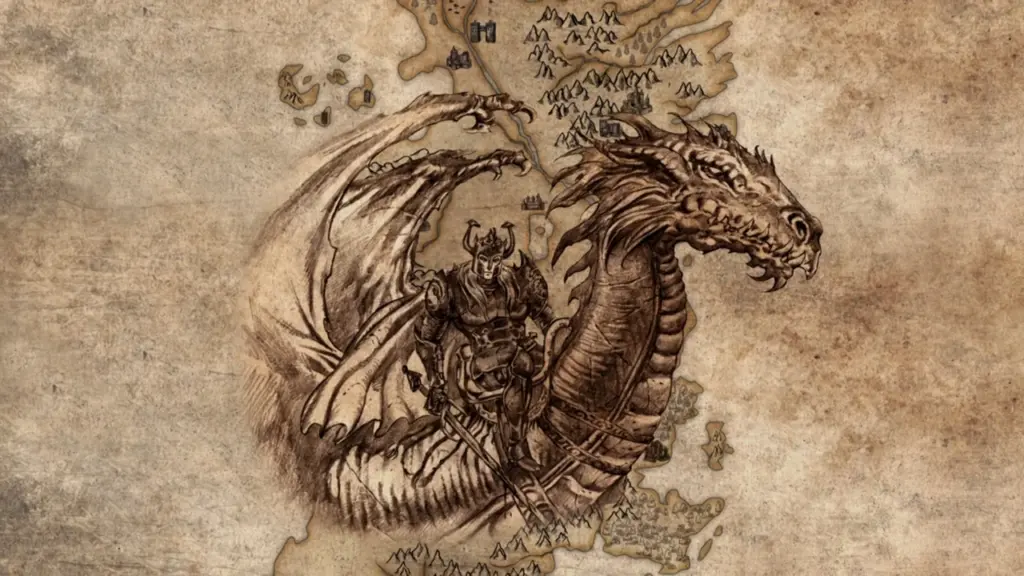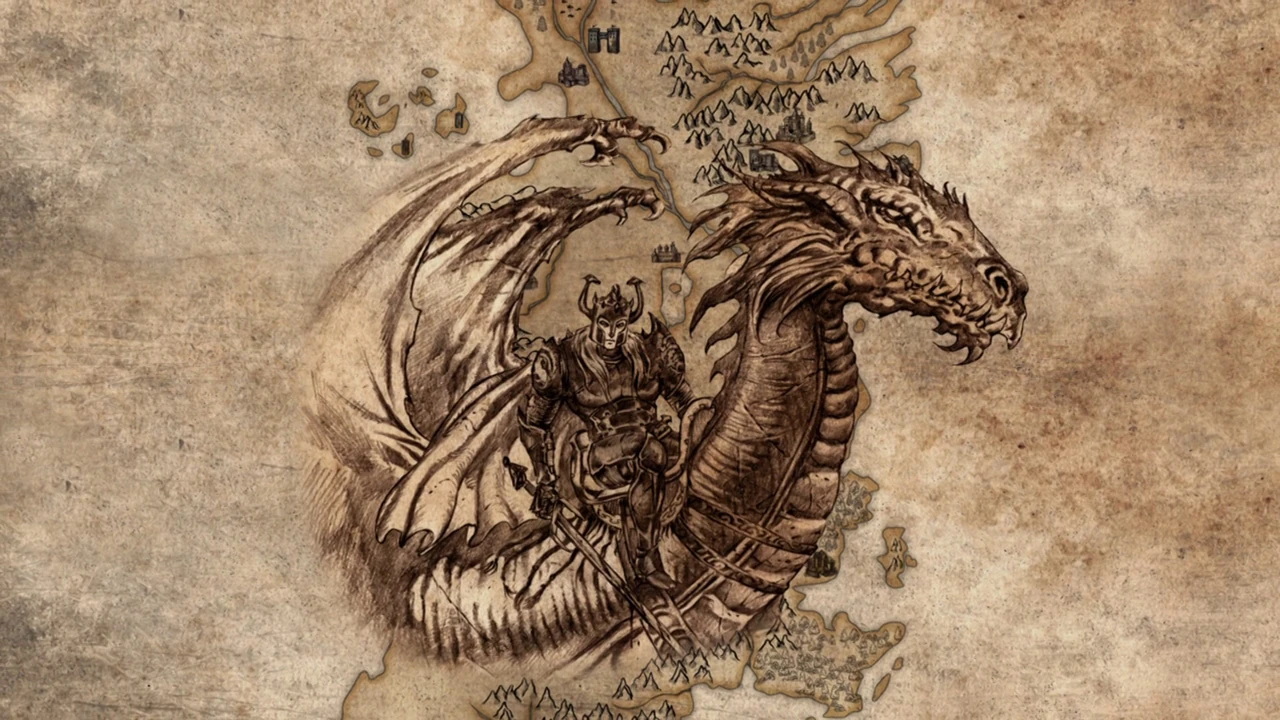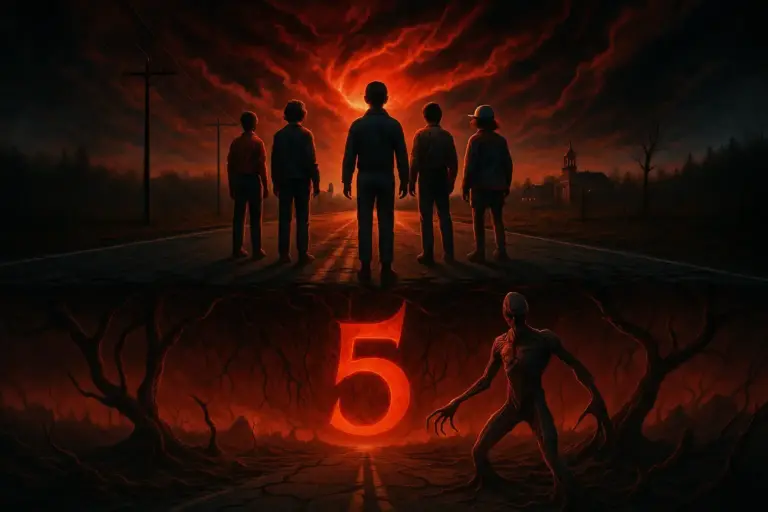Most people remember exactly where they were when “Game of Thrones” melted the internet with its fire and blood. Nobody blinked twice when medieval tales suddenly packed as many dragons as political double-crosses. But let’s get honest: GoT didn’t just leave a gap in Sunday nights. It cracked the genre wide open and, in the process, made every streaming platform chomp at the bit for high-fantasy glory. For fans and curious onlookers alike, let’s raise the drawbridge and peer into a TV landscape where dragons aren’t rare — they’re practically expected.

From GoT To Go-Big-Or-Go-Home
GoT didn’t invent high-fantasy TV. Yet, before its premiere, fantasy often meant a shoestring budget, corny costumes, and plots so campy you needed sunscreen. Game of Thrones changed all that. Overnight, everyone wanted more — more violence, more sex, more sprawling kingdoms, more everything. Networks took notice because, just like that, medieval magic became mainstream.
- HBO’s gamble on GoT paid off beyond wildest dreams. The show raked in millions, with its final seasons smashing viewership records across continents and winning 59 Emmys over eight seasons. (hbowatch.com)
- The GoT recipe? A relentless, mature edge blended with lavish sets, dense lore, and aggressively unpredictable plotting.
But the ending — oh, that ending. Fans’ heads may still be spinning. The last season, rushed and abrupt, sparked enough online debate to fuel a village for years. Criticism rained down: uneven pacing, character decisions that made no sense, and a sense that the fantastical ride had screeched to a halt. Yet the show’s impact echoes still. Streaming giants watched and took notes. If Westeros could dominate, why couldn’t their next fantasy world?
Enter the Pretenders — and the Juggernauts
After GoT hung up its swords, a parade of contenders rushed the TV battlefield. Some rode in royal carriages, others on bare feet with courage and charm. Let’s meet the new faces of fantasy TV and see exactly how they hope to seize the Iron Throne of pop culture.
“The Witcher” – Grit And Growling On Netflix
Henry Cavill as Geralt. Enough said, right? “The Witcher” landed on Netflix swinging silver swords and dropping f-bombs. Netflix needed a blockbuster; “The Witcher” delivered. And that’s despite a non-linear timeline in the first season that almost required quantum physics to untangle. The show quickly turned into one of Netflix’s most-watched originals, with Season 1 alone bringing in over 76 million households within weeks of release.
What’s the secret? Maybe it’s the monsters, or Cavill’s brooding. Maybe fans just love complicated, flawed antiheroes. And don’t forget the earworm “Toss A Coin To Your Witcher”—even your aunt hummed it, don’t deny it.
Why Stop At One Kingdom? “The Wheel of Time” Rolls In
Next up: Amazon wanted their own slice of fantasy pie, so they dished up “The Wheel of Time” in late 2021. Based on Robert Jordan’s 14-novel behemoth, this series set out to do the impossible. Give diehards their beloved world, but also coax in total newbies. “Wheel” leaned into magic, prophecy, and fate, bringing thoughtful world-building front and center.
And the results? Not instant GoT-level hysteria, but the first season hit solid numbers and won praise for vibrant visuals. On the flip side, book fans grumbled over what was lost in translation. Creating a fantasy world that vast on-screen is tough — the folks at Amazon must love a challenge.
“House of the Dragon” – The Family Feud Nobody Wanted to End
Of course, HBO wasn’t about to abandon Westeros. Enter “House of the Dragon.” The show dropped in August 2022, immediately grabbing hold of old fans with familiar Targaryen drama. This spinoff dug deep into the history of Westeros, showing us how dragon politics got so messy. Season one impressed critics and scored high in ratings, but follow-up seasons faced a rockier path.
Take Season 2, for example. It didn’t get an Emmy nomination — the first Westeros-based show to miss out in 14 years. That stung, both for HBO and fans used to hoarding golden trophies. (gamesradar.com) Maybe the expectations, or the sheer glut of fantasy TV, played a part.
Amazon Swings For The Fences: “The Rings of Power”
But the priciest ticket in town? That goes straight to “The Lord of the Rings: The Rings of Power.” Amazon plopped over $1 billion on the table and said, “Beat that.” The show delivered epic vistas, millions of dollars in special effects, and storylines that stretched back thousands of years before Frodo even tied his shoelaces.
You could almost see the pressure oozing through the screen. Fans and critics both marveled at the visuals, but some scratched their heads over pacing and tone. Adapting Tolkien — whose fans are famously picky — was never going to be a breeze. Still, you have to admire the ambition and the sheer size of the undertaking.
So, Why All the Hurdles?
Let’s pull back the curtain. There are reasons why fantasy TV sometimes feels like running at full speed through a hedge maze.
- Budgets Gone Wild: To make dragons fly, orcs snarl, and costumes convince, studios shell out huge bucks. For “The Rings of Power,” the reported $1 billion budget for Season 1 set a gold (and mithril) standard. No one can skimp anymore.
- Fans: Blessing And Curse: These shows often have rabid communities who know the lore backwards. Add in newcomers looking for a fun escape, and the balancing act gets wild. Deviate too far, and social media will tell you about it. Stay too close? New viewers might get lost.
- World-Building Headaches: Every show races to establish new rules, languages, and histories. Producers must move fast but also keep things digestible for viewers who think “Targaryen” sounds like a new medicine.
- Broader Appeal: Sure, diehard fans will tune in no matter what, but fantasy needs casual watchers too. Shows must balance in-jokes with gasp-out-loud spectacle so everyone can follow along.
What Thrones Did Right (And Where It Tripped)
So, which moves did GoT play just right, and where did it fumble the ball at the finish line?
- GoT nailed immersive world-building — the sets, costumes, and props gave the Seven Kingdoms a lived-in feel.
- Its characters felt real, with messy, unpredictable loyalties.
- The show never played it safe; death lurked around every corner, and nobody with a favorite character ever truly relaxed.
But that final sprint? That’s where pacing collapsed and characters zigzagged toward destinies that didn’t quite line up. The backlash was loud, and it still echoes anytime a new fantasy show tries to “pull a Thrones.”
Clone Or Blaze A New Trail?
Interestingly, not every new series wants to mimic GoT. Some go darker, grittier — like “The Witcher.” Some aim for epic grandeur, tossing lighter fantasy tones into the mix, like “Rings of Power.” Then there are series like “Wheel of Time,” which try to wrap complex lore in a glossy new package for all audiences.
That means every fantasy juggernaut must pick a lane:
- Mirror Thrones, with violence, intrigue, and moral ambiguity?
- Embrace classical magic, myth, and a lighter spirit?
- Promise epic battles and political plotting, but swap sex and violence for adventure and spectacle?
No route guarantees success. Every new show must build a world and pull in viewers — hardcore and casual alike — without losing patience or losing the plot.
And Here Comes The Next Wave…
The fantasy bonanza isn’t winding down. In fact, it keeps growing. HBO’s next Westeros adventure, “A Knight of the Seven Kingdoms,” arrives in January 2026. It flips the lens, telling stories of heroes and squires instead of kings and dragons. Fresh characters, more lore, and — let’s be honest — probably just a dash more heartbreak await. (gamesradar.com)
And now it’s hard to scroll through your streaming app without tripping over a new magical kingdom. Dragons and elves are almost mainstream. Who would have thunk it a decade ago?
To The Stars (Or Swords) And Back
So, fantasy TV in 2025? It’s wilder, richer, and riskier than ever. Each network keeps upping the ante, whether it’s through sky-high budgets, wild casting, or pushing boundaries nobody saw coming.
GoT didn’t just set the stage. It rewrote the script, and today’s fantasy series are staging their own power grabs. Fan expectations are sky-high; casual viewers are now along for the ride. The race for magic grows only more dramatic with each new series announcement. One thing is clear: the Golden Age of Epic TV hasn’t fizzled. It’s only just cranking up.
Saddle up! The next big shock, dragon flight, or magical mishap is probably right around the next streaming corner. Never has “happily ever after” been so gloriously treacherous — or so much fun to chase.





